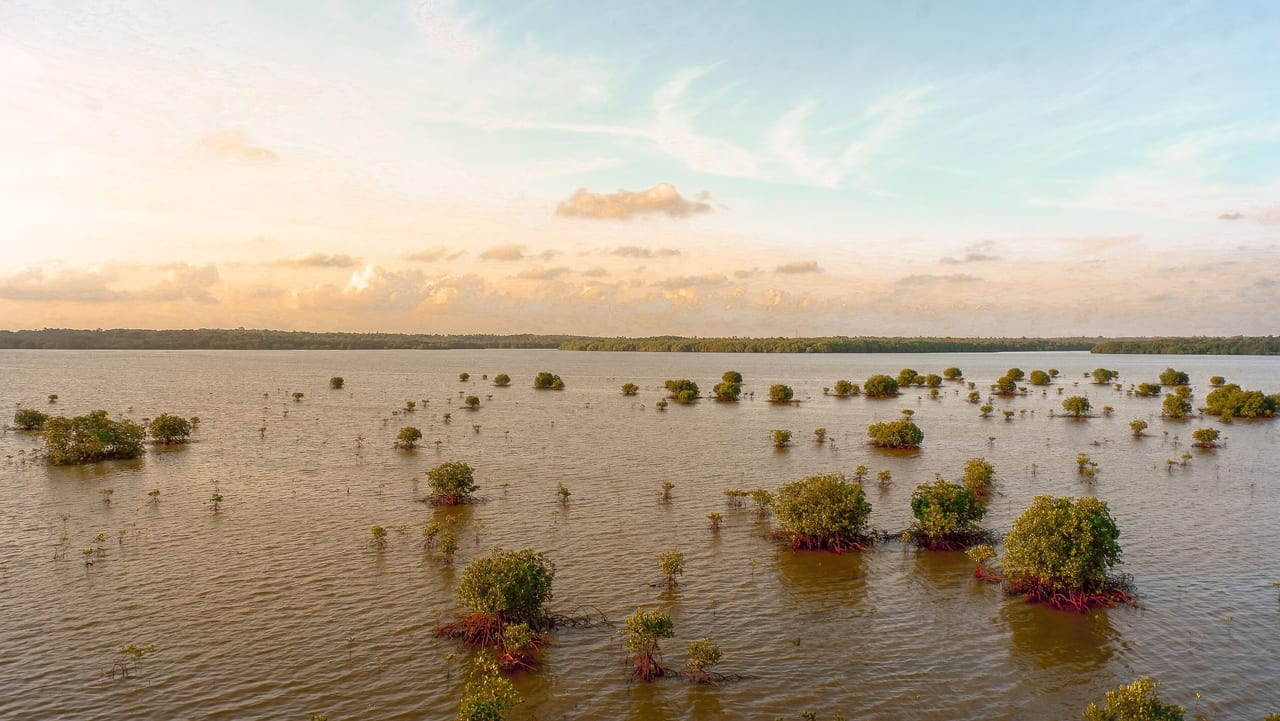
I work as a gender expert or activist, and am looking to bring more environmental consciousness into my work.

Here’s a snapshot of where these stories and learnings show up across our gender x green agenda continuum







If you’re involved in funding and strategy...
If you’re involved in implementation and execution...
How might we partner with organizations who might be more environmentally conscious to bolster our existing work?
How might we identify existing projects that could weave in more environmental consciousness?
How might we integrate green agenda regenerative and restorative policies in our existing gender programming?
How might we collect data which highlight the value of integrating gender and green agenda priorities?
You might be: senior leadership, a program officer, part of an investment team
You might be: a gender practitioner, a green agenda practitioner, or part of technical and program staff
Dept. of Foreign Affairs and Trade, Australia
Intl Labour Organization
Asian Development Bank
Asian Development Bank
In a mountainous region of rural Pakistan, the serene landscape was marred by a series of natural disasters, including earthquakes, floods, and droughts. The impact of these geological challenges were exacerbated by deeply rooted in gender norms and societal structures.
Lessons from a Climate Crisis: Planning for Protection in Rural Pakistan

In the quest for gender equality and economic empowerment, innovative approaches are emerging to incentivize the private sector to actively engage in advancing the role of women in their workforce. This case study explores two remarkable initiatives that have successfully harnessed gender performance incentives.
Women in the Workforce: A Case Study on Gender Performance Incentives in Latin America and Bangladesh
Greenway Grameen Infra Private Limited, operating in the Indian states of Madhya Pradesh and Odisha, is committed to enhancing women's health, safety, and livelihoods through efficient cooking solutions. They plan to distribute 1 million improved cookstoves (ICSs) to rural households at an 85% subsidy, offering improved combustion to reduce wood consumption, lower carbon dioxide (CO₂) emissions, and decrease indoor air pollution, ultimately contributing to reduced deforestation.
From Stoves to Solutions: Addressing Gender Disparities through Clean Cooking






Across India, a unique collaboration emerged as an Indian Electric Vehicle (EV) company, GreenCell Express Private Limited, sought financing from the Asian Development Bank (ADB). Their initial goal was to promote clean and sustainable transportation, thereby reducing emissions and mitigating climate impact in India. However, ADB's commitment to gender inclusivity sparked a new perspective.
Putting Gender in the Front Seat


Here's a snapshot of where these stories and learnings show up across our gender x green agenda continuum


Join the conversation on LinkedIn, and connect with a group of individuals and organizations that focus on the nexus of Gender and the Green Agenda.






